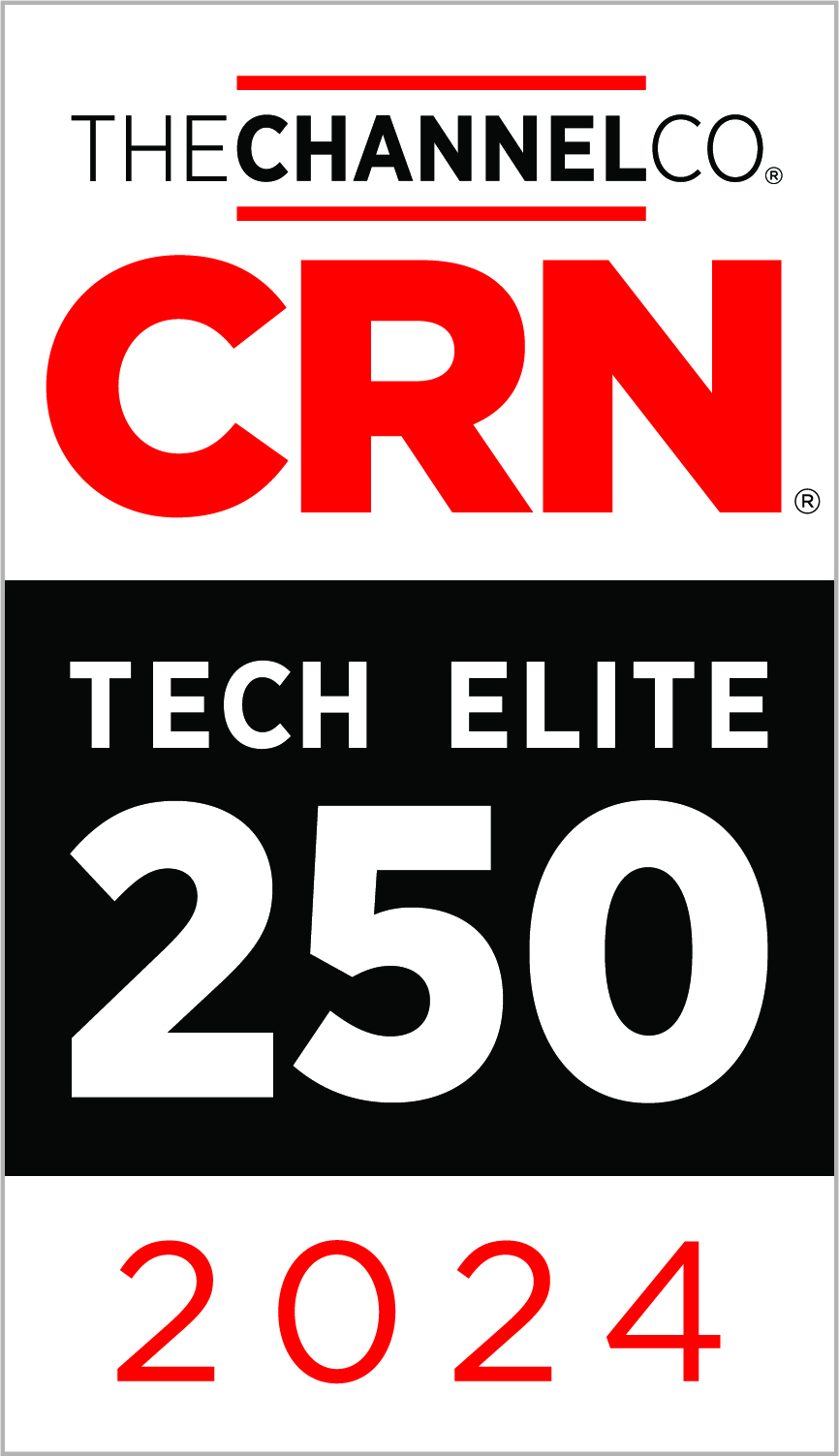Data Growth and the Impact of IoT

Future of Data Growth
I’m certain anyone reading this is well aware of the statistics about Data growth and how it is impacting storage requirements across all industries. This isn’t a new challenge in our industry, but the conversation does have an added twist when we consider the impact of IoT. We commonly read about companies experiencing anywhere from 20% to 50% year over year growth. The terms “exploding!”, “explosive”, and “exponential” are usually found in articles associated with data growth (and now I’ve used all three in one post). While this data growth continues to be spurred on by the traditional sources associated with business data (databases, documents, email, etc.), we are seeing even greater capacity requirements being generated by IoT devices.
For this post, when I speak of data from IoT, I am lumping together data generated by security video, temperature gauges, vibration sensors, connected cars… you get the idea. In fact, according to some sources, IoT data is 10x the growth of that associated with traditional data sets. And, IDC estimates IoT devices will grow to 28.1 Billion by 2020. So, data collected from these devices, and storage solutions needed to maintain this data, will become increasingly important.
Storage for IoT Data
Among our clients, we see a tremendous growth in the need for storage to maintain Security Surveillance Video. Beyond simply providing a place for video streams to be written, our clients are analyzing the video; utilizing software to perform anomaly detection, facial recognition, etc. I shared a couple posts recently, written by two of my colleagues at Zunesis, that expands on this topic. And, Analytics isn’t isolated to video only. The value of IoT devices is that they capture data at the edge, where it is happening, and this is true across all IoT devices. Once collected, software can perform analysis of the data to derive meaning beyond the data points and, in many cases, produce actionable insights. So, storage required for IoT data needs to be able to hit large scale quickly and have performance characteristics that allow analytics in near real time. And, of course, this storage still needs to provide reliability and availability associated with any business-critical data.
To meet the storage requirements defined above, HPE has created a hardware platform and partnered with two software defined storage (SDS) companies to provide solutions for scale-out storage that will grow from a couple hundred terabytes to petabytes and provide both the reliability and performance required of the data generated by the ever-expanding number of IoT devices. The HPE hardware is part of the HPE Apollo family. The software that utilizes this hardware comes from Software Defined Storage providers, Qumulo and Scality. Here is a summary for each of these solution components:
The Apollo Family of compute and storage:
The Apollo Family of systems from HPE are each designed to provide compute, storage, and networking that meet the needs of both scale-up and scale-out requirements. They are targeted at workloads supporting Big Data, analytics, object storage and high-performance computing.
The scale-out compute part of the HPE Apollo System portfolio includes the Apollo 2000 System for hyperscale and general-purpose scale-out computing, the Apollo 4000 System Family is targeted at Big Data analytics and object storage while the Apollo 6000 and 8000 Systems are designed to support HPC and supercomputing. Density, ease of management (all incorporate HPE iLO management), and efficient rack-scalability are features shared by all members of the portfolio.
Qumulo File Fabric (QF2)
Qumulo is a software defined scale-out NAS that scales to billions of files in a flash-first design. With the Apollo/Scality solution, you can scale from 200TB to over 5PB of usable capacity. This solution uses advanced block-level erasure coding and up-to-the minute analytics for actionable data management. The file services provided by Qumulo are also supported in the public cloud, currently on Amazon Web Services.
Use cases include:
- Media & Entertainment
- Security Video
- Life Sciences & Medical Research
- Higher Education
- Automotive
- Oil & Gas
- Large Scale Online/Internet
- Telco/Cable/Satellite
- Earth Sciences
Scality RING
Scality is a a software defined Scalable Object Storage solution that supports trillions of objects in a single namespace. With the Apollo/Qumulo solution, you can scale to over 5PB of usable capacity. The access and storage layers can be scaled independently to thousands of nodes that can be accessed directly and concurrently with no added latency.
Use cases include:
- Media & Entertainment
- Security Video
- Financial Services
- Medical Imaging
- Service Providers
- Backup Storage
- Public Sector
So, yes, data footprint is growing and won’t be slowing down anytime soon. If your data set is outside the traditional business data sets and requires scale-out storage that supports large numbers of files and the ability to perform actionable analysis quickly, then you probably need to look outside of the traditional scale-up storage solutions and look at solutions purpose-built for these large-scale workloads. HPE Apollo, Qumulo, and Scality are a great starting point for your research.
Categories
Search
Blog Categories
Related Resources
Archives
- July 2024
- June 2024
- May 2024
- April 2024
- March 2024
- January 2024
- October 2023
- September 2023
- August 2023
- July 2023
- June 2023
- May 2023
- April 2023
- March 2023
- February 2023
- January 2023
- October 2022
- July 2022
- June 2022
- May 2022
- April 2022
- March 2022
- February 2022
- January 2022
- December 2021
- November 2021
- October 2021
- September 2021
- August 2021
- July 2021
- June 2021
- May 2021
- April 2021
- March 2021
- February 2021
- January 2021
- December 2020
- November 2020
- October 2020
- September 2020
- August 2020
- July 2020
- June 2020
- May 2020
- April 2020
- March 2020
- February 2020
- January 2020
- December 2019
- November 2019
- October 2019
- September 2019
- August 2019
- July 2019
- June 2019
- May 2019
- April 2019
- March 2019
- February 2019
- January 2019
- December 2018
- November 2018
- October 2018
- September 2018
- August 2018
- July 2018
- June 2018
- May 2018
- April 2018
- March 2018
- February 2018
- January 2018
- December 2017
- November 2017
- October 2017
- September 2017
- August 2017
- July 2017
- June 2017
- May 2017
- April 2017
- March 2017
- February 2017
- January 2017
- December 2016
- November 2016
- October 2016
- September 2016
- August 2016
- July 2016
- June 2016
- May 2016
- March 2016
- February 2016
- January 2016
- December 2015
- October 2015
- September 2015
- August 2015
- July 2015
- June 2015
- May 2015
- April 2015
- March 2015
- February 2015
- January 2014
- February 2013




